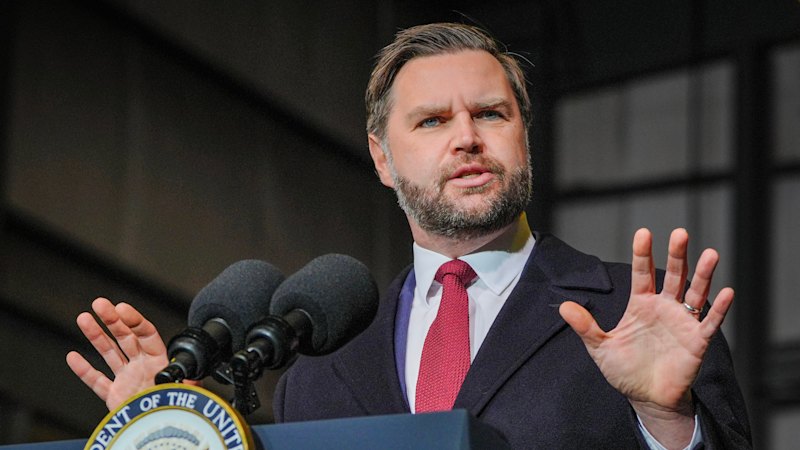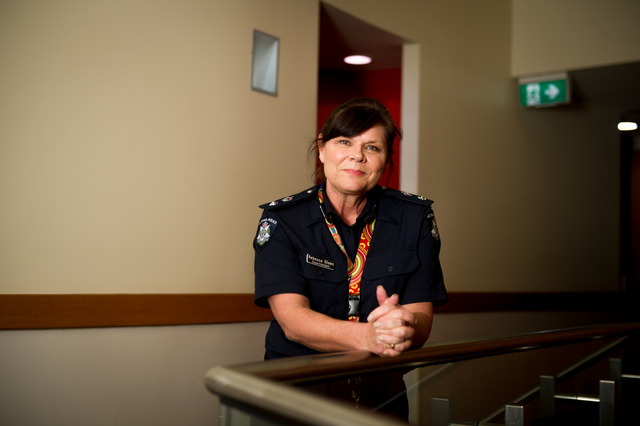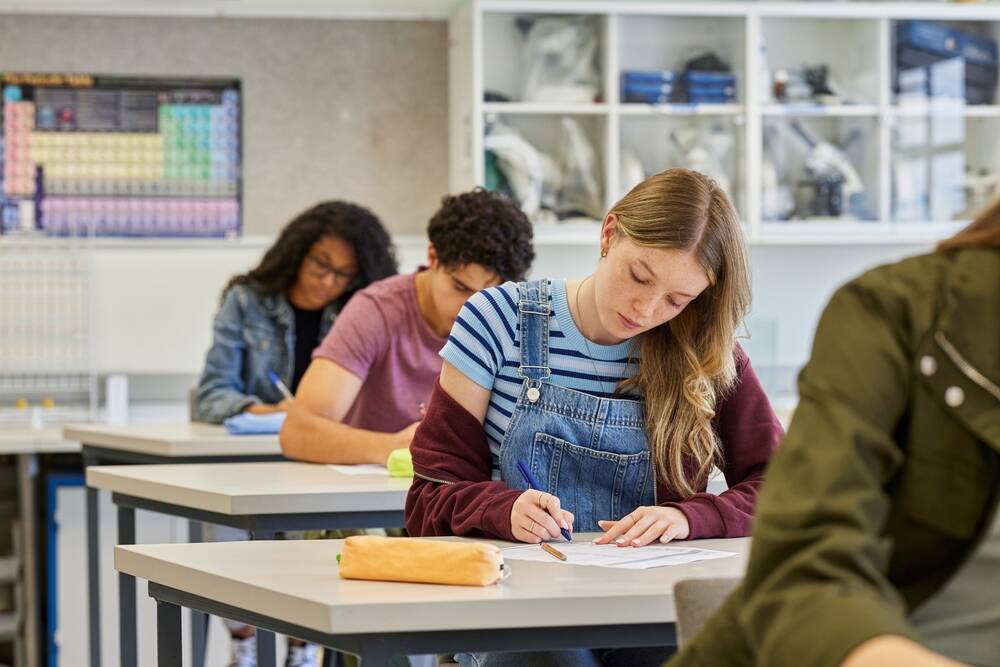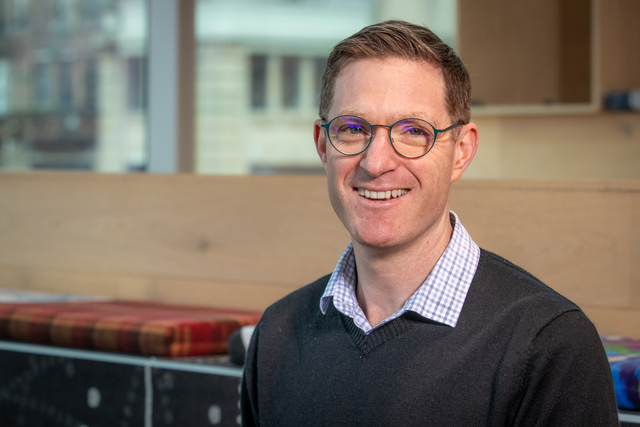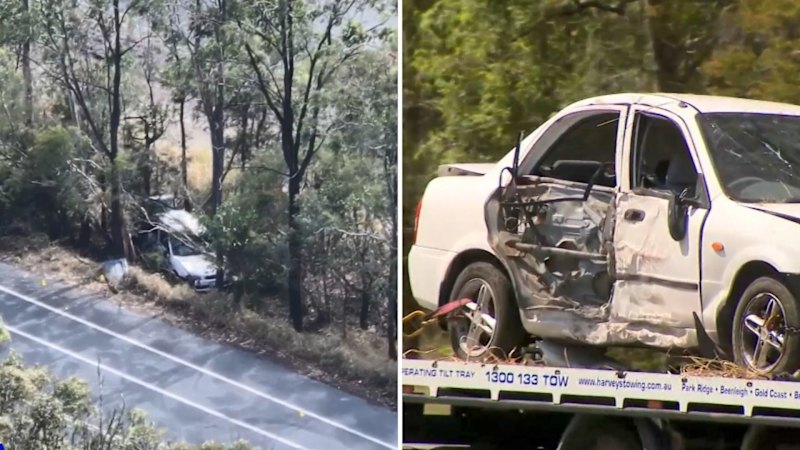
The Australian Research Council (ARC) has allocated over $10 million to support early career researchers and infrastructure projects at the University of Sydney. This funding, distributed through the Discovery Early Career Researcher Award (DECRA) and Linkage Infrastructure, Equipment and Facilities (LIEF) schemes, aims to enhance research capabilities and foster innovation.
Eighteen researchers from the University will share a total of $9.36 million from the DECRA scheme. The projects encompass a diverse range of fields, including advanced materials science, artificial intelligence, housing policy, and virus research. The DECRA initiative is designed to bolster the next generation of research leaders, enabling them to thrive in collaborative environments and produce meaningful outcomes.
Professor Julie Cairney, interim Deputy Vice-Chancellor (Research) at the University of Sydney, expressed pride in the high number of DECRA recipients from the institution, the highest among universities in New South Wales.
“The ARC DECRA scheme provides vital support to Australia’s early career researchers—the future leaders of Australia’s research and innovation ecosystem,” Professor Cairney stated. “Our commitment as part of our Sydney in 2032 strategy is to provide an excellent experience for research students and to ensure access to the necessary infrastructure and global research networks.”
In addition to the DECRA funding, the University of Sydney received $955,000 through the LIEF scheme for a project aimed at advancing microscopy infrastructure. This initiative is expected to enhance Australia’s position as a leader in microscopy and microanalysis.
Research Highlights and Key Projects
Several notable projects have been funded under the DECRA scheme. Dr. Kirsten Barnes received $480,678 to investigate ‘nocebo effects,’ exploring the mechanisms behind negative expectations that lead to adverse health outcomes. Her research aims to create a new evidence-based model to better identify these effects.
Dr. Samuel Boone, from the Net Zero Institute and School of Geosciences, was awarded $517,214 for research on the historical impact of erosion and geological weathering on climate cooling. This work is intended to inform strategies for carbon removal and identify essential minerals for the transition to green energy.
Dr. Manjunath Chatti secured $513,478 to develop new carbon-neutral fuels that support Australia’s net zero targets and promote sustainable manufacturing. He is focusing on creating a stable catalyst to convert captured CO2 into usable carbon-based fuels.
Dr. Fan Fang received $528,678 to lead research on artificial photosynthesis of alcohols, utilizing nanostructured catalytic reactors to further Australia’s sustainable development and carbon neutrality goals.
Dr. James Graham, from the School of Economics, was awarded $511,409 for a project aimed at understanding the drivers of housing affordability. By combining historical data with macroeconomic models, he intends to propose solutions to improve housing access.
Dr. Serafima Guseva will receive $530,079 to explore gene regulation within cells, guiding future research on disease treatment and the development of effective therapies.
Dr. Brandon Munn plans to study brain function and cognition with a grant of $530,079, while Dr. Joel Ong was awarded $530,058 to investigate a unique type of star, contributing to the understanding of stellar structures.
Several other projects focus on diverse areas such as urban design, computational biology, and artificial intelligence. For instance, Dr. Callum Parker will develop tools for safe communication between autonomous vehicles and pedestrians, while Dr. Mary Petrone aims to deepen the understanding of RNA viruses in Australia’s ecosystems.
A Commitment to Research and Innovation
The substantial funding awarded to early career researchers reflects the University of Sydney’s commitment to fostering a vibrant research environment. As stated by Professor Cairney, this initiative not only supports the researchers but also contributes to the broader innovation landscape in Australia.
Professor Xiaozhou Liao leads the microscopy infrastructure project, which will integrate an electron microscopy corrector with a cryo-biasing sample holder. This project aims to provide clearer images of materials at the atomic level, enabling real-time observation of microstructural properties under extreme conditions.
The funding provided by the ARC represents a critical investment in the future of Australian research. With a focus on collaboration and impactful outcomes, these initiatives will help shape the scientific landscape in the years to come.
